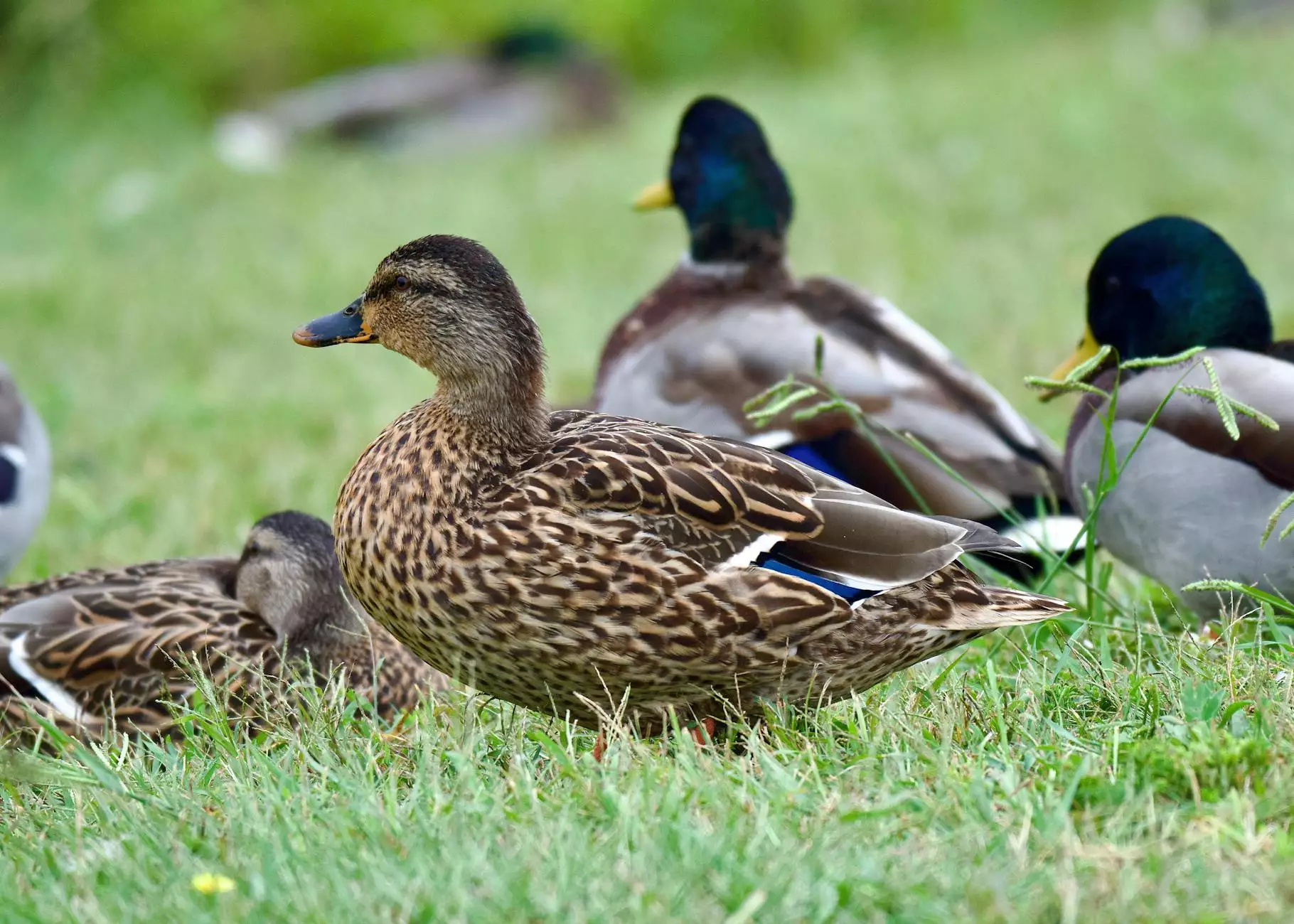Understanding the Role of **Halal Chicken Manufacturers** in Modern Business

The rapidly evolving landscape of the poultry industry places a significant emphasis on quality, compliance, and consumer preferences. In this article, we explore the vital role that Halal Chicken Manufacturers play, not only in meeting the dietary needs of millions around the globe but also in ensuring the highest standards of ethical and sustainable food production.
The Importance of Halal Standards
Halal, meaning "permissible" in Arabic, refers to what is allowed or lawful under Islamic law. The demand for Halal chicken has surged in recent years due to a growing awareness of dietary requirements among Muslim consumers, which has expanded to include non-Muslim consumers who prioritize ethically sourced food.
Key Principles of Halal Chicken Production
- Ethical Treatment of Animals: Halal practices ensure that animals are treated humanely and with respect, adhering to stringent welfare guidelines.
- Proper Slaughtering Processes: The method of slaughtering is critical; it must be done by a trained individual, invoking the name of Allah to sanctify the act.
- Traceability and Transparency: Consumers today demand transparency in their food sourcing. Halal chicken manufacturers provide detailed information about the supply chain, ensuring that consumers can trace their food back to its origins.
- Cleanliness and Sanitation: Maintaining high sanitation standards during processing is essential to meet Halal certification requirements and consumer expectations.
Brazilian Poultry Exporters: A Close Look
Brazil is one of the largest producers and exporters of chicken globally, renowned for its high-quality poultry products. Brazilian poultry exporters are pivotal in the Halal chicken market, supplying chicken in bulk to various international markets.
Why Choose Brazilian Poultry Exporters?
- High Production Standards: Brazilian poultry operations meet international standards and certifications, ensuring that their products are hailed for quality.
- Wide Variety of Products: From whole chickens to specialized cuts and value-added products, Brazilian exporters provide a diverse range that caters to different culinary preferences.
- Strong Export Infrastructure: Brazil's robust transport and logistics networks ensure that products reach markets in perfect condition, maintaining freshness and quality.
- Competitive Pricing: Brazilian poultry is competitively priced, making it an attractive choice for businesses seeking quality without breaking the bank.
The Process of Halal Certification
Understanding the Halal certification process is crucial for anyone involved in the poultry industry. It is a rigorous procedure that ensures every step, from the farm to the consumer's plate, complies with Islamic law.
Steps Involved in Halal Certification
- Assessment and Feasibility: Manufacturers interested in obtaining Halal certification must first assess their processes and capabilities.
- Application Submission: A formal application detailing the processes and practices is submitted to a recognized Halal certification body.
- Site Inspection: The certifying body will perform an on-site inspection to verify compliance with Halal standards.
- Training and Adjustment: If necessary, training is provided to ensure staff understand Halal practices and adjustments are made where needed.
- Certification Granting: Once compliance is confirmed, the certification is awarded, allowing the company to market its products as Halal.
- Regular Audits: Ongoing compliance requires regular audits from certifying bodies to maintain the integrity of the Halal label.
Challenges Facing Halal Chicken Manufacturers
While the market for Halal chicken continues to grow, manufacturers face several challenges that they must navigate effectively.
Common Challenges
- Ensuring Compliance: Adhering to Halal standards consistently can be a challenge, especially in larger production environments.
- Market Understanding: Manufacturers must deeply understand the preferences and needs of Halal consumers, which can vary between regions.
- Counterfeit Products: The rise of counterfeit Halal products poses a serious risk to genuine manufacturers and consumer trust.
- Sustainability Concerns: Increasing pressure for sustainability requires manufacturers to rethink their practices and supply chains, aligning with eco-friendly policies.
The Future of Halal Chicken Production
The future for Halal chicken manufacturers looks promising, with increasing demand and growing consumer awareness about ethical sourcing driving trends in the industry.
Future Trends to Watch
- Technological Advancements: The adoption of technology in farming and processing can improve efficiency, traceability, and consumer engagement.
- Health and Wellness Trends: With rising health consciousness, there is a growing demand for organic and antibiotic-free Halal chicken.
- Sustainable Practices: Emphasis on sustainability will lead to more focus on environmentally friendly practices within the poultry industry.
- Consumer Education: There will be ongoing efforts to educate consumers about Halal practices and product benefits, fostering a deeper understanding.
Conclusion: The Significance of Halal Chicken Manufacturers
The role of Halal Chicken Manufacturers extends beyond simply providing a product; they are vital players in the global food supply chain, committed to ethical practices, quality assurance, and meeting the diverse needs of consumers. As the market continues to grow, these manufacturers will be key in shaping the future of poultry production. For businesses looking to source high-quality chicken in bulk, partnering with certified Halal chicken manufacturers like those at frozenchickengroup.com ensures access to superior products while upholding the values of integrity and sustainability.









